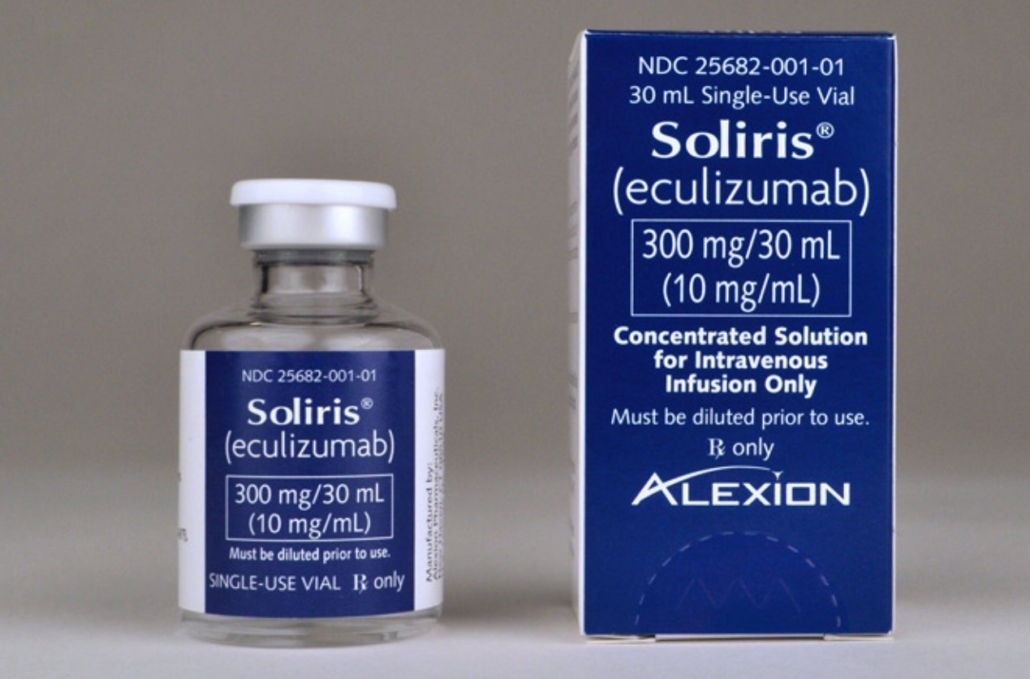
Roche to file MAA for eculizumab competitor
Roche AG has announced positive results from the non-blinded Phase III COMMODORE 1 and 2 trials at the EHA Hybrid Congress in Frankfurt, Germany.
In the studies, Roche compared the efficacy and safety of subcutanously administered crovalimab, an anti-C5 recycling monoclonal antibody, compared to intravenously adminstered eculizumab in patients with paroxysmal nocturnal haemoglobinuria (PNH). Alexion Pharmaceuticals has an FDA approval of the FDA for its antibody in 2007, while the European Medicines Agency currently is assessing a MAA for of Alexion Pharmaceuticals.
PNH is a rare and life-threatening blood condition, in which red blood cells are destroyed by the complement system part of the innate immune system causing symptoms such as anaemia, fatigue, blood clots and kidney disease. C5 inhibitors have been shown to be effective in treating the condition. Crovalimab has been engineered to be recycled within the bloodstream, enabling sustained complement inhibition through low dose, subcutaneous (SC) administration every four weeks.
Levi Garraway, Roche’s Chief Medical Officer and Head of Global Product Development said, that the option for subcutaneous self-administration of crovalimab could help meet the lifelong needs of people living with PNH. Roche aims to file for MAA world-wide, he added.
In the COMMODORE 2 study Roche demnonstrated non-inferiority of crovalimab and eculizumab: 79.3% of patients achieved haemolysis control from week five to week 25 compared with 79% with eculizumab. Additionally, 65.7% achieved transfusion avoidance (TA) from baseline to week 25 with crovalimab and 68.1% with eculizumab. A clinically meaningful but statistically not significant improvement in FACIT-Fatigue score from baseline to week 25 occurred in both arms, with a numerically greater improvement with crovalimab (adjusted mean change 7.8) versus eculizumab (adjusted mean change 5.2 ).
Crovalimab works by binding to C5, blocking the last step of the complement cascade and is also recycled within the bloodstream, enabling rapid and sustained complement inhibition. Crovalimab’s recycling properties also enables low dose SC administration every four weeks. Crovalimab binds to a different C5 binding site from current treatments, which probably can provide a treatment option for people with certainb C5 gene mutations, who do not respond to current therapies.
C5 blocking molecules have one disadvantage: Through inhibition of C5b, a cleavage product of C5 they block the ability for MAC formation in the blood, which bears the risk of susceptibility to life threatening infections caused by encapsulated bacteria, such as meningococci and others, for patients being treated with them. Currently, there is only one approved drug targeting C5a, which leaves MAC formation intact and translates into an improved safety profile: InflaRx NV’s lead vilobelimab.


 Freepik.com
Freepik.com
 Ipsen SA
Ipsen SA